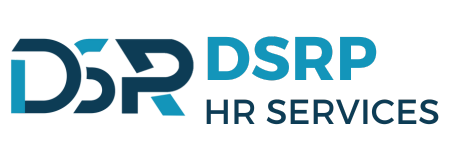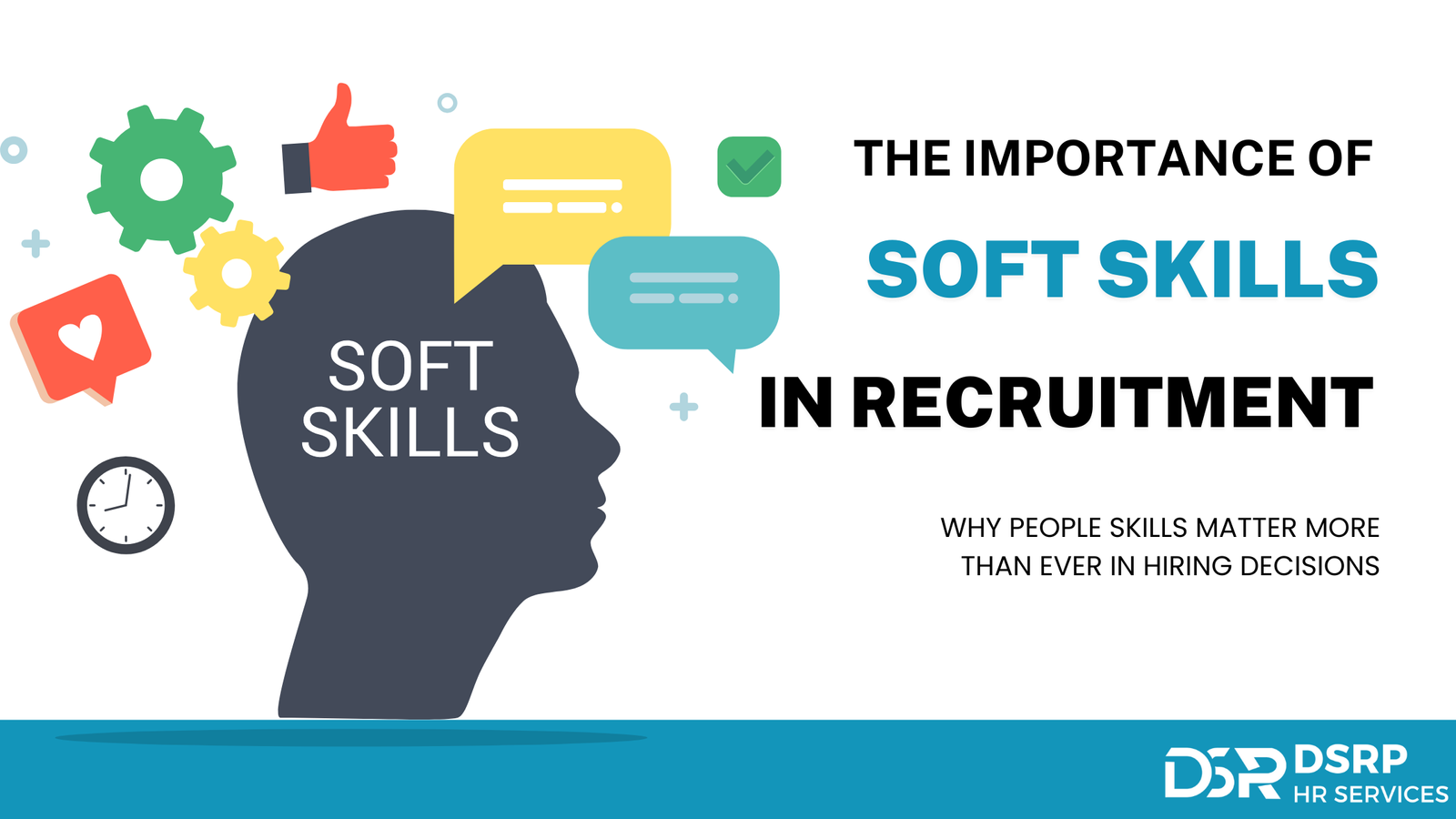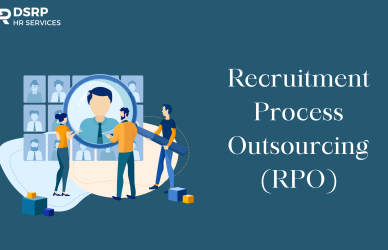In today’s fast-paced and collaborative work environments, soft skills are no longer optional—they’re essential. While technical expertise gets candidates through the door, it’s often their communication, adaptability, and emotional intelligence that help them thrive and grow.
For recruiters and HR professionals, identifying and prioritizing soft skills in recruitment is now a strategic imperative. This blog explores why soft skills matter, how to assess them, and what companies gain by hiring for both character and capability.
💡 What Are Soft Skills?
Soft skills are non-technical interpersonal traits that influence how individuals interact, work, and adapt in the workplace. These include:
- Communication
- Teamwork
- Leadership
- Time management
- Emotional intelligence
- Problem-solving
- Adaptability
- Critical thinking
Unlike hard skills (such as software knowledge or certifications), soft skills are harder to quantify but just as impactful.
🔍 Why Soft Skills Matter in Recruitment
✅ 1. They Support Long-Term Success
Employees with strong soft skills are more likely to adapt, lead, and grow within an organization. While technical skills may become outdated, soft skills remain relevant across roles and industries.
✅ 2. They Improve Team Dynamics
Workplace success often depends on collaboration. A technically sound hire who lacks empathy or teamwork may disrupt productivity. Soft-skilled professionals improve morale, communication, and results.
✅ 3. They Enhance Customer & Client Relations
Frontline employees with communication and problem-solving skills are crucial for delivering great service. In roles like sales, support, or client management, soft skills directly affect customer satisfaction.
✅ 4. They Indicate Leadership Potential
Soft skills like decision-making, emotional intelligence, and integrity are key indicators of future leaders. Identifying these traits early helps build a strong leadership pipeline.
✅ 5. They Foster a Positive Company Culture
Employees with self-awareness, respect, and accountability contribute to a healthier, more inclusive work environment—key for retention and engagement.
🧠 How to Assess Soft Skills During Hiring
🔹 Behavioral Interview Questions
Ask candidates to describe real-life scenarios:
- “Tell me about a time you dealt with a difficult coworker.”
- “How do you prioritize tasks when deadlines compete?”
🔹 Situational Judgment Tests
These role-based scenarios test how a candidate would respond in certain situations—great for assessing decision-making and problem-solving.
🔹 Group Discussions or Team Activities
If part of the role involves collaboration, simulate a team task to observe communication, cooperation, and leadership behavior.
🔹 Psychometric & Personality Tests
These tools can help evaluate communication style, adaptability, stress management, and other soft skills objectively.
🌟 Benefits of Hiring for Soft Skills
| Advantage | Impact on Business |
| Higher employee retention | Soft-skilled employees tend to stay longer |
| Faster onboarding & training | Adaptable hires learn and integrate faster |
| Better workplace culture | Promotes inclusion, positivity, and respect |
| Enhanced productivity | Reduces conflict, improves efficiency |
| Future-ready workforce | Resilient and agile in the face of change |
📌 Conclusion
In the evolving world of work, soft skills are no longer “nice-to-have”—they’re mission-critical. Whether you’re hiring a developer, a marketing lead, or a customer support rep, remember: a well-rounded candidate with both hard and soft skills is far more valuable than someone who only checks technical boxes.
Smart hiring is holistic hiring. Prioritizing soft skills leads to better hires, better teams, and better business outcomes.





